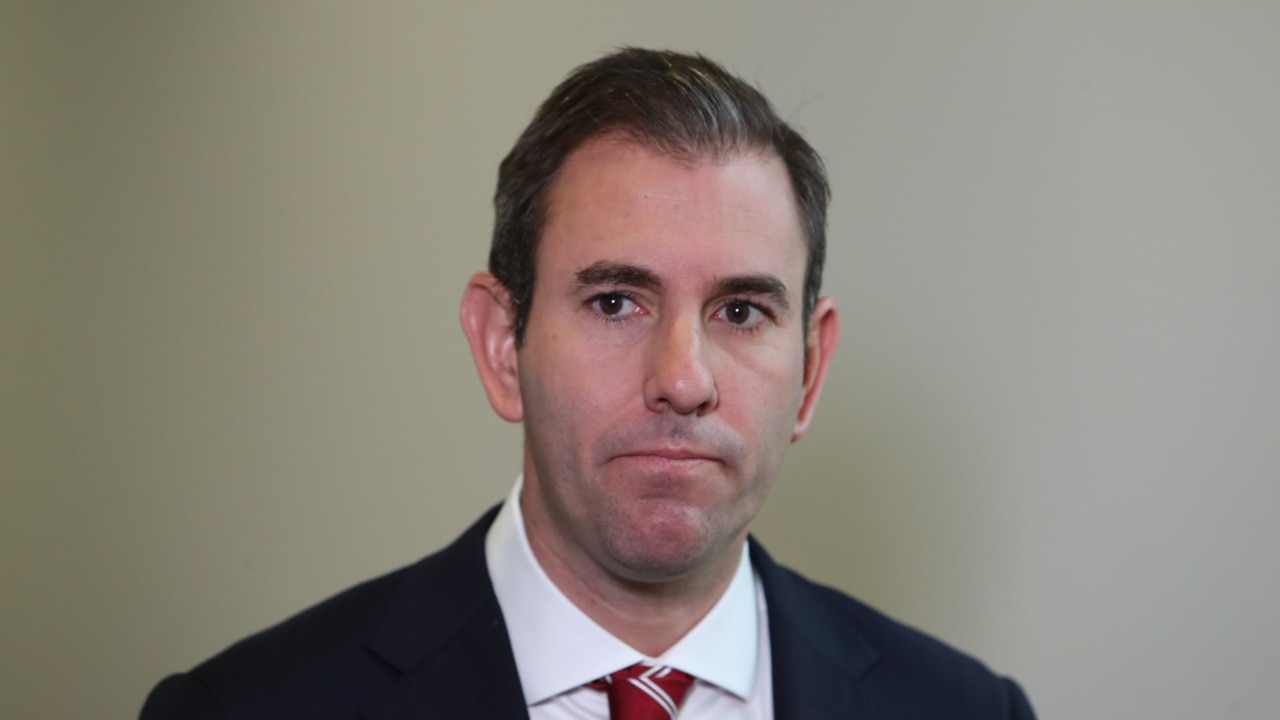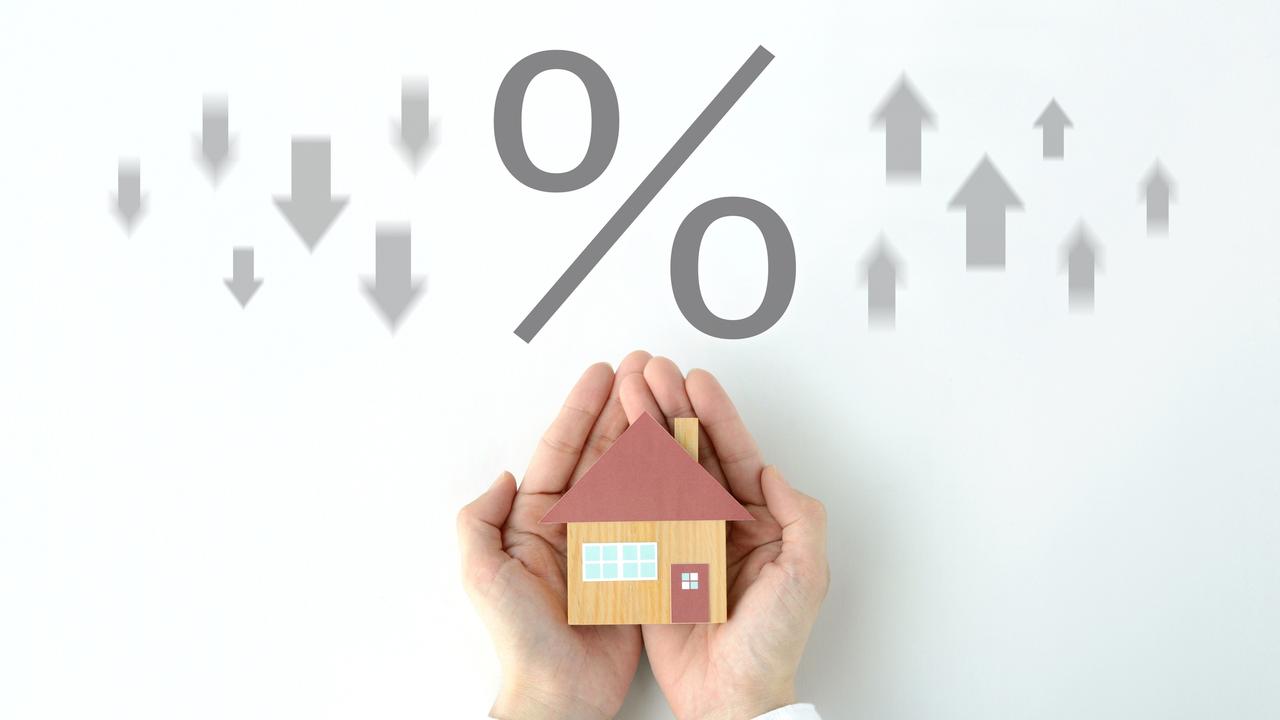Household financial impacts of Labor’s election victory
Australia’s new government cannot prevent further cost of living spikes for households, but some policies ease financial pressure.

Labor’s strong federal election victory – winning about 20 more seats than the Coalition – has given it the power to make more changes that will impact Australians’ personal finances.
A quiet election campaign for tax and superannuation promises doesn’t mean these two key areas will remain off-limits, especially given the new government’s huge task to repair the Covid-hit budget.
Here’s a guide to help you understand how you may be affected.
1. HOMEBUYER HELP
First home buyers won’t be able to withdraw their superannuation for a house deposit – which was a last-minute Coalition policy – but will soon be able to buy property more easily through the government’s Help to Buy shared equity scheme.
By contributing up to 40 per cent of the purchase price, the government will take a stake in the home and share in future capital gains when it’s later sold, after adjusting for renovations.
RateCity.com.au research director Sally Tindall says the scheme, to start on 1 January 2023, will give people on lower incomes – singles earning below $90,000 and couples below $120,000 – “an immediate leg up into a property market”.
“Co-buying with the government has the potential to knock hundreds of thousands of dollars off a person’s loan size and see them finally get the green light from the bank to buy,” Tindall says.
“However, this policy is by no means straightforward. There’s going to be a fair whack of ongoing red tape that comes with buying with the government.
“Understand the rules of engagement and war-game every possible scenario. A change in career, a new baby, even a pay rise might be enough to throw the balance out.”
Existing first home schemes that allow people to buy with deposits as low as 2 per cent will continue.

2. CHILD CARE COST CUTS
Families will pay less for childcare under Labor’s plan to raise the child care subsidy to 90 per cent for the first child in care.
It will also increase subsidy rates for every family earning less than $530,000 a year with one child in care, maintain higher subsidy rates for second and additional children, and extend higher subsidies to care outside school hours.
Labor says 1.26 million families will be better off under its child care reforms, but its $5.4 billion plan does not start until July 2023.
3. COST OF LIVING
Australians’ living costs are surging and the government is limited about what it can do in the face of soaring global inflation.
The temporary halving of fuel excise in March from 44.2c to 22.1c per litre is scheduled to end in September, and recent rises in global oil prices threaten to wipe out all of its savings before then.
CommSec chief economist Craig James says average petrol prices are set to break new records, having climbed 46c in recent weeks.
“CommSec estimates that it is costing the average family $278.74 a month to fill up the car with petrol, an extra $57 a month compared with the start of the year,” he says.
Households should brace for higher prices when the excise resumes to normal in September.
Labor also promised its policies would cut retail power prices, but surging wholesale energy costs are expected to prevent that.
4. TAX AND SUPERANNUATION
Many workers will receive an expanded $1500 low and middle income earner tax offset this year, unveiled in the previous government’s budget and supported by Labor, but it’s set to be switched off for 2022-23.
This will end “the biggest refund ever for a majority of taxpayers,” says Mr Taxman founder Adrian Raftery.
“This was the first election I can recall where there were no tax policies from either one of the parties,” he says.
However, previously-legislated “stage three” tax cuts in 2024 – removing the 37 per cent tax rate and helping higher-income earners with a 30 per cent tax rate for incomes up to $200,000 – could potentially become a victim of budget repair.
Similarly, some of the generous superannuation tax breaks for wealthy retirees may be scaled back, following calls for new caps from super industry players.
Dr Raftery says he believes Labor will keep the 2024 tax cuts, although it wouldn’t surprise him if it was revamped to help more lower income earners. “It’s an easy cop-out to say we can’t afford it with the budget,” he says.
New Treasurer Jim Chalmers this week warned that the budget situation Labor has inherited from the Coalition was of serious concern.





